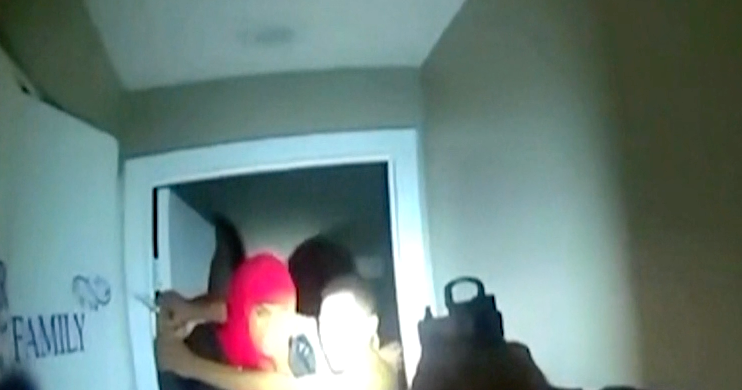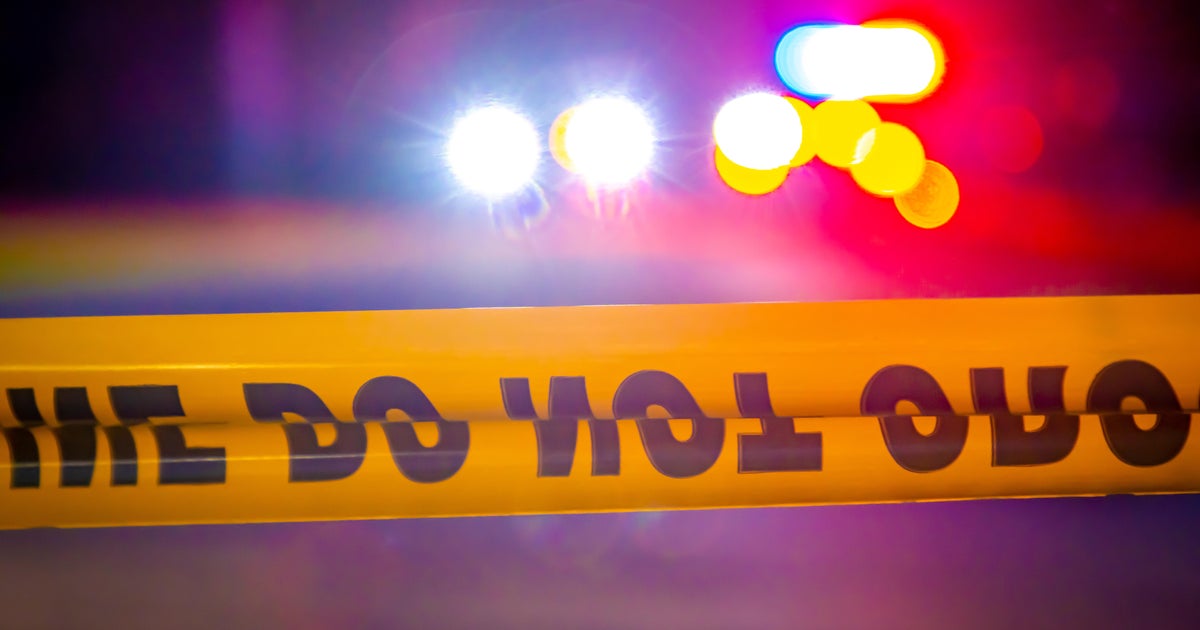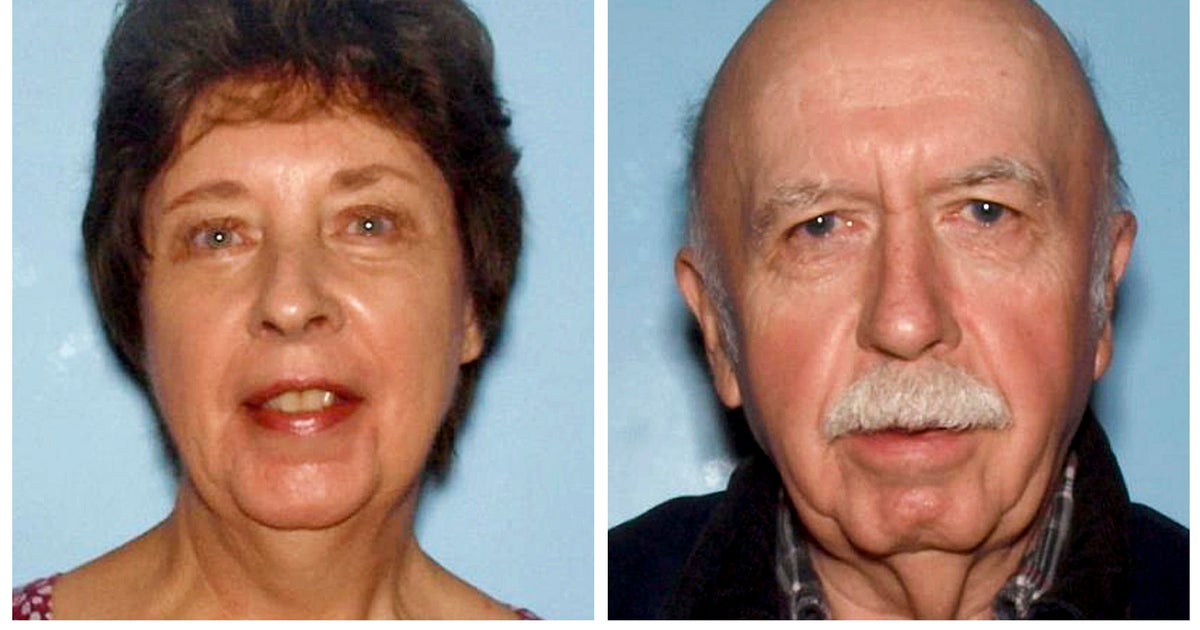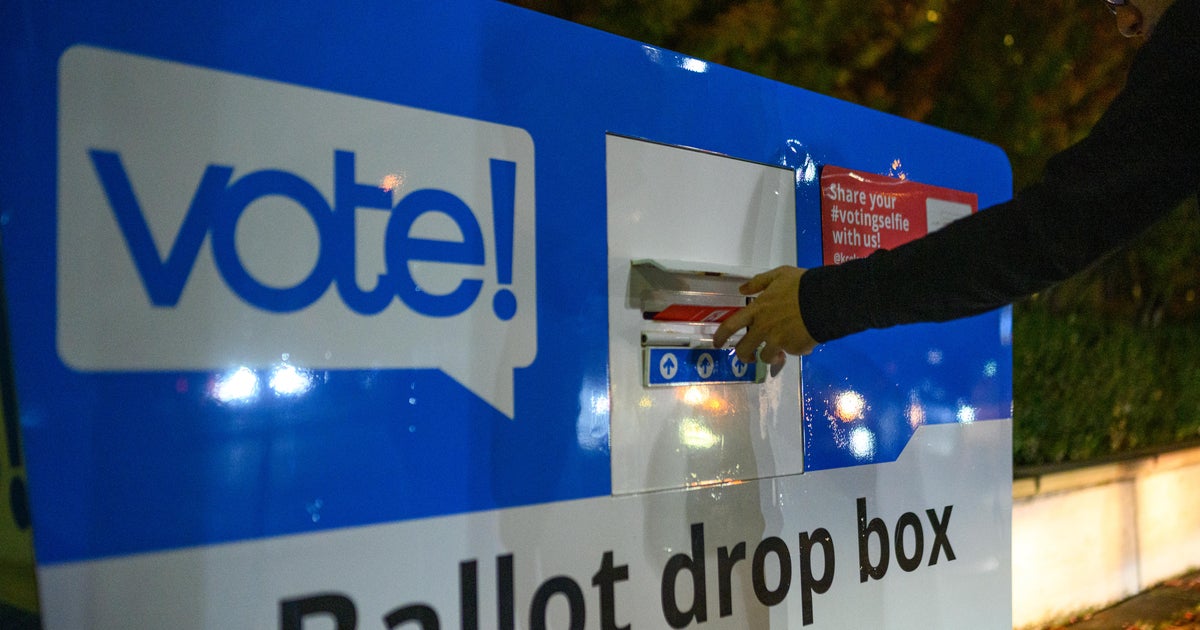Brother says Las Vegas gunman "was paranoid and delusional"
LAS VEGAS -- More than 10 months after the deadliest mass shooting in modern U.S. history, police in Las Vegas say they are closing their investigation without answering the key question: What drove a gunman to unleash a hail of gunfire that killed 58 people and wounded hundreds more?
Authorities said Friday they cannot "definitively" determine the gunman's motive in the Oct. 1 mass shooting. They also said that after hundreds of interviews and thousands of hours of investigative work, they are confident there is no evidence of a conspiracy or a second gunman.
Clark County Sheriff Joe Lombardo said Stephen Paddock, who assembled an arsenal of weapons in a hotel room on the 32nd floor of the Mandalay Bay hotel and fired into a concert crowd of 22,000 people, was "an unremarkable man" who showed signs of a troubled mind leading up to the shooting on the Las Vegas Strip, but authorities don't have any clear answers. He said that with the closure of the Las Vegas Metropolitan Police Department's 10-month investigation, no one else will be charged in connection with shooting.
In an investigative report into the shooting made public Friday, Bruce Paddock told investigators he had not spoken with his brother Stephen Paddock for more than 10 years but believed he suffered from "mental illness and was paranoid and delusional." Bruce Paddock, who was charged last year with possessing more than 600 images of child pornography, as well as 19 counts sexual exploitation of a child, also told detectives he did not believe his brother was a "violent person" or abused drugs or alcohol.
The investigative report also revealed that the gunman had repeatedly complained to his girlfriend that he was sick and doctors could not cure him. Marilou Danley told investigators that Stephen Paddock's doctors told him he had a "chemical imbalance." She said Paddock would also get "very bad headaches" from chemical smells and would need to change hotel rooms, would not shake hands with people and often wore cotton gloves.
Danley, who is Catholic, told investigators that Paddock would often say, "Your God doesn't love me," and that Paddock had described himself as an atheist.
The investigation found that Paddock spent $1.5 million over two years, including money paid to casinos. The report into the shooting included a summary of 14 of Paddock's bank accounts and said Paddock had $2.1 million in the accounts in September 2015. By September 2017, the total amount had dropped to $530,000.
Clark County Sheriff Joe Lombardo said Paddock was a reclusive, high-stakes gambler but had not been "as successful in the gambling as he was in the previous years." Investigators said Paddock paid $600,000 to casinos and more than $170,000 was paid to credit card companies.
The analysis said Paddock had also made nearly $95,000 in firearms-related purchases.
Earlier this year, federal prosecutors brought criminal charges against a man who they said sold armor-piercing bullets. Authorities have said the man, Douglas Haig, sold Paddock 720 rounds of tracer bullets. He has pleaded not guilty.
Police have released 13 batches of investigative documents, 911 audio, police reports, witness statements and video over the last three months. They have illustrated the chaos, heartbreak and heroism from police, first-responders, concert-goers and more.
Body camera recordings made public earlier showed officers using explosives to blast through the door of a 32nd floor hotel suite to find Paddock dead on the floor from a self-inflicted gunshot. Assault-style weapons fitted with rapid-fire "bump stock" devices were strewn about the suite.
Surveillance video released in March showed Paddock in the days before he opened fire. MGM Resorts said it released the video because it wanted to provide greater context around Paddock's actions leading up to the shooting. The hotel said the images show that Paddock gave no outward indications of the massacre he was planning to carry out.
In the series of security videos, Paddock appears like any other guest. He checks into his suite on the 32nd floor, plays video poker and buys snacks at the gift shop -- all the while interacting with hotel staff.
"He's so calm," CBS News correspondent Carter Evans noted, watching the videos.
"And that is the true mark of a sociopath," said Randy Sutton, a retired lieutenant with the Las Vegas Metropolitan Police Department.
"He's going about his business, he's tipping the guys," Sutton said. "A guy who can order lunch knowing that he's going to kill people ... that's not normal."
Officials have said the attack had no link to international terrorism, but hotel owner MGM Resorts International last month invoked a provision of a federal law enacted after the Sept. 11 terror attacks. The company wants federal courts to qualify the shooting as an act of terrorism and to declare the company has no liability to survivors or families of slain victims.



